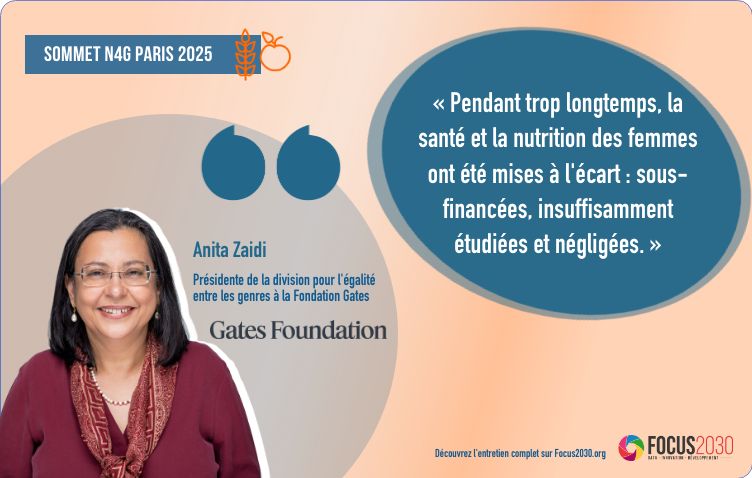Financing the global response to Covid-19: which G20 countries play by the rules?
Publié le 20/05/2021.
The Access to COVID-19 Tools Accelerator (ACT-A) is an unprecedented international partnership to respond to the Covid-19 pandemic. ACT-A’s strategy and budget are updated on a regular basis to reflect the changing context of the pandemic. ACT-A’s strategic plan for October 2021-September 2022 aims to addressing growing global inequities in access to Covid-19 tools.
To ensure an equitable distribution of tests, treatments, vaccines, and protective equipment, ACT-A requires USD 23.4 billion by September 2022. Of this total budget, USD 16.8 billion are needed in public donor grants. As of October 2022, USD 10.9 billion are still missing.
Which countries contribute their fair share to ACT-A, the global partnership to guarantee equitable access to COVID-19 tests, treatments, and vaccines? Analysis.
A USD 10.9 billion public funding gap for 2022
Delivering on ACT-A’s strategic plan for 2021-2022 requires USD 23.4 billion by September 2022. Of this amount, USD 16.8 billion are expected to be funded by countries. All countries are called upon to contribute according to their financial means.
Financial commitments to pillars and agencies of the ACT Accelerator by public, private and multilateral donors are updated by the World Health Organization on the ACT Accelerator Commitment Tracker on a bi-weekly basis.
According to the latest data, published on October 3rd, 2022, the ACT Accelerator has a public funding gap amounting to USD 10.9 billion for 2022.
High-income countries do not contribute their fair share to ACT-A
A Financial Working Group was established within ACT-A’s Facilitation Council to explore funding mechanisms for ACT-A. In this respect, the working group established the “ACT-A Sovereign Ask Financing Framework” to determine a target contribution expected by country given its level of wealth, or “fair share“.
The fair share is determined based on each country’s income level (GDP) and economic openness. It is adjusted to also take into account each country’s GDP per capita, so that countries with the highest levels of income per capita bear a higher contribution. Finally, to collectively reduce the risk of under-contribution by some countries, each country’s fair share is increased by 20%.
The following table presents each G20 members’ fair share of ACT-A’s funding, and compares it with its actual contribution as of October 2022, for the periods 2020-2021 and 2021-2022.











